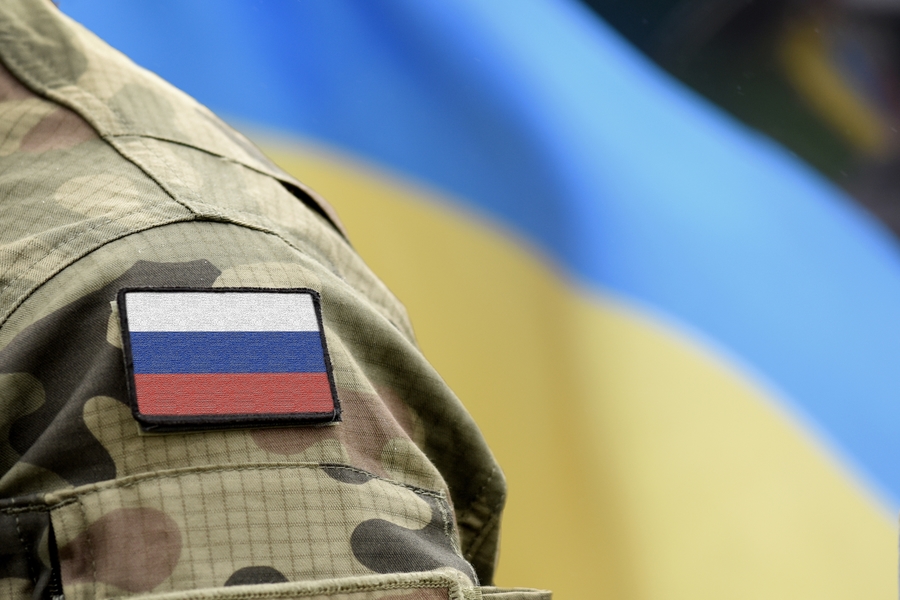Brent crude oil surged to over $100 a barrel overnight as investors rushed to safe haven assets following the Russian invasion of Ukraine.
The price of a barrel rose by 6.7% to $103 on the long-anticipated attack from Russian forces, the first time it has gone above $100 since 2014, as explosions were felt across Ukraine.
Traders also piled into government bonds while gold experienced 13-month highs, trading at almost 1,949 an ounce.
Ole Hansen, head of commodity strategy at Saxo Bank, said: “Depending on the response from the US and Europe, oil and gas prices are at risk of significant further rises, thereby reinforcing inflationary pressures and weighing on global growth, and eventually demand for crude oil.”
Susannah Streeter, senior investment and markets analyst at Hargreaves Lansdown, added: “Oil and gas prices are likely to stay highly elevated with hard-hitting sanctions set to be imposed by the international community.
“Market volatility has increased since the beginning of the year, stoked by rising interest rates, and today’s news has added fuel to the market turbulence.”
Elsewhere, European stock markets sold off sharply on Thursday as Russia commenced its long-anticipated invasion of Ukraine.
The Moscow Exchange suspended trading on Thursday morning after losing a third of its value.
The FTSE 100 was 2.6% down on opening with banking stocks taking the brunt of the falls. Barclays and Lloyds bank were around 5% lower in early trading around nervousness around the impact on their lending businesses.
The pan-European Stoxx 600 dropped 2.9% in early trade, to its lowest point since May 2021, also led by a decline in banks as all major markets across the continent experiencing losses. The market has now fallen 10% since its January peak.
Elsewhere, the German Dax fell 4% on opening and has since recovered to 2.8% as at 9.24am, while France’s Cac 40 fell 2.5%.
Streeter said: “There will be pressure on banking stocks, particularly banks in France and Austria as they have the largest exposure to Russian loans.”
Prior to Russia's advancement, markets had experienced a turbulent Wednesday trading, with the S&P 500 more than 10% down year to date for the first time, while two year US breakevens rose a huge 0.20%. Elsewhere, German 10-year breakevens hit decade-plus highs and European natural gas was up more than 10% again even before the overnight developments.
Related articles



